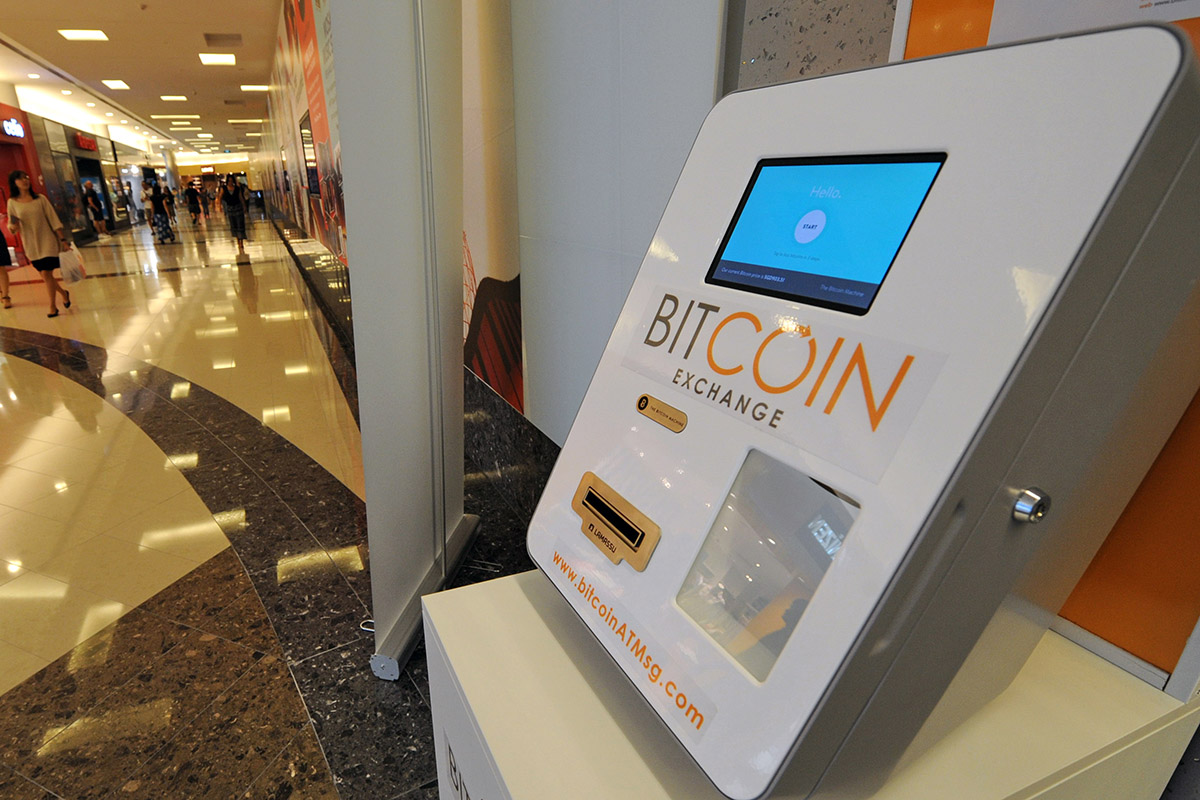Singapore banks have closed accounts of several companies which specialise in providing cryptocurrency and payments services, according to two local bodies which represent financial-technology firms.
Noting that cryptocurrency firms have had similar problems with their banks in other countries, the head of Singapore’s Cryptocurrency and Blockchain Industry Association, or Access, asked the government to step in.
“From our analysis, it appears to be common among leading FinTech hubs,” Access Chairman Anson Zeall said in an emailed statement. “If this is the case, we would urge Singapore to take a leadership role and demonstrate how to come to an effective resolution among all parties.”
Zeall said his organisation had heard from 10 companies which had encountered problems with their banking relationships in Singapore. The banks didn’t give a reason for their action, Zeall added.
The complaints illustrate some of the difficulties faced by cryptocurrency firms at a time when the sector is under growing scrutiny around the world. China has said it will halt exchange trading of cryptocurrencies by the end of September. JPMorgan Chase Chief Executive Officer Jamie Dimon recently described the cryptocurrency bitcoin as a fraud and said he would fire any employee trading it for being “stupid.”
Account Closures
The Monetary Authority of Singapore, the country’s central bank, said in a statement that it doesn’t interfere with commercial decisions taken by banks “including those in relation to the establishment and termination of business relationships.” Banks are expected to establish suitable procedures and controls, including those governing customer transactions and relationships, and to comply with customer due diligence requirements of MAS rules on preventing money laundering and the financing of terrorism, the statement added.
Chia Hock Lai, president of the Singapore Fintech Association, which has broader membership than Access, said some of his organisation’s members also experienced account closures, though he didn’t provide figures.
Neither organisation named the banks which had closed their member firms’ accounts, but Access said the action had been taken by a “range of financial institutions.” Access has 106 members and the Fintech Association has 185, though the two organisations said some companies belong to both groups.
CoinHako Blog
One local cryptocurrency-related firm, CoinHako, said in a blog post earlier this month that its bank account had been closed by DBS Group Holdings, Southeast Asia’s largest bank. CoinHako, which provides cryptocurrency and digital assets wallet services, said in the blog it would be no longer able to process deposits and withdrawals in Singapore dollars as a result.
“We understand that banks also have their concerns on anti-money laundering and know-your-customer issues,” said Yusho Liu, co-founder of Singapore-based CoinHako. “We do not fit anywhere in the current regulatory framework.”
DBS declined to comment on CoinHako, citing banking secrecy, though it said any decision to close a customer’s account could be due to multiple factors. Those include “failure to maintain the account in good standing, failure to provide timely and accurate information, unexplained inconsistencies in account behaviour, or unacceptable risk of criminal or terrorist behaviour,” DBS said in an emailed response to questions.
“We remain open to exploring banking relationships with companies working with cryptocurrencies,” DBS added.
Koh Ching Ching, a spokeswoman for Oversea-Chinese Banking, said the bank reviews customer accounts for risk management purposes “and may close these accounts for various reasons.” United Overseas Bank, the third of the large Singapore banks, declined to comment.
Fintech Festival
The MAS has said it will regulate the offer or issue of digital tokens if they constitute products regulated under the Securities and Futures Act. It doesn’t regulate virtual currencies per se, a similar position to that taken by central banks and regulators in other countries.
The MAS has also taken a leading role in efforts to promote Singapore as a regional centre for financial technology, and is one of the organisers of a ‘fintech festival’ due to take place in November. Last year’s event drew more than 10,000 attendees. The MAS has also been working on a distributed ledger project and on the creation of a central bank digital currency, to be used for cross-border payments.
In its statement, the MAS said it “remains committed to developing Singapore as a reputable financial centre and fintech hub.” It said that requires ”pairing a progressive and nurturing environment for fintechs together with strong controls to mitigate risks such as fraud and money laundering.”
“We must be mindful that new technological developments and products bring with them new areas of risks, which the financial industry and regulatory authorities should pay heed to.” – Bloomberg
